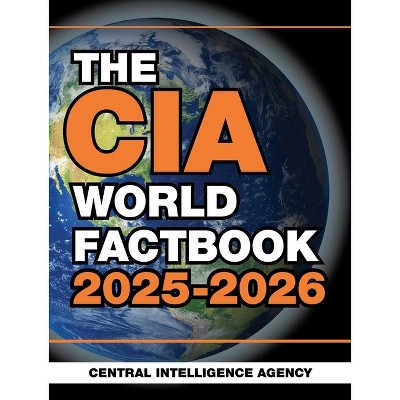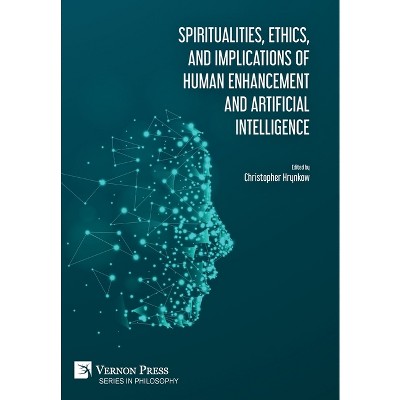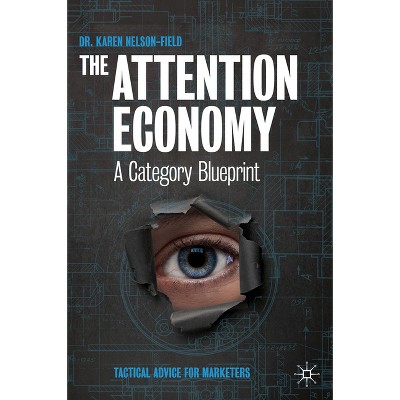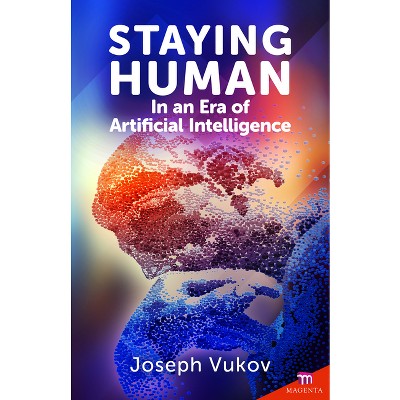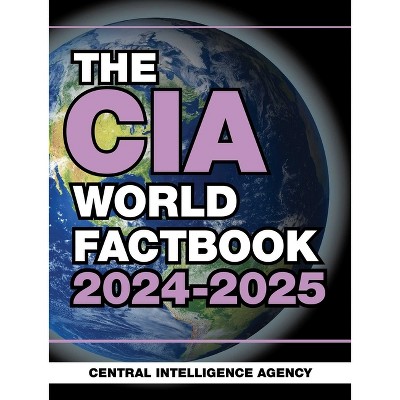Sponsored

Human Agency, Artificial Intelligence, and the Attention Economy - by Leslie Paul Thiele (Hardcover)
In Stock
Sponsored
About this item
Highlights
- People relish novelty, enjoy convenience, and are prone to distraction.
- About the Author: Leslie Paul Thiele is Distinguished Professor of Political Science at University of Florida, USA, where his research and teaching focus on emerging technologies and sustainability.
- 346 Pages
- Political Science, History & Theory
Description
Book Synopsis
People relish novelty, enjoy convenience, and are prone to distraction. These natural tendencies are now being dangerously exploited in the digital world. So we find ourselves bewitched by the shimmering screens of our digital devices, like moths circling a flame. It may only be a matter of time before our downward spiral reaches a deadly nadir.
Leslie Paul Thiele incisively explores the psychological, social, and political impacts of social media, artificial intelligence, and digital platforms that are designed to capture our attention and maximize engagement. Digital technologies offer countless benefits. But in the attention economy, they also heighten distraction and dependence, erode cognitive and social skills, proliferate misinformation, amplify political polarization, increase social isolation, and leave us despondent. Governmental regulation is needed, but it cannot replace the individual's responsibility to exercise self-governance.
Thoroughly grounded in the latest scientific research but accessible to the general reader, this book explains how we can cultivate the dispositions, habits, and skills needed to sustain human agency and strengthen democratic prospects. In an age of incessant technological upgrading, Thiele demonstrates a vital and practical means to avert human downgrading.
From the Back Cover
Human beings face serious danger in navigating the digital world. Our craving for attention and the tendency to distribute it widely is instinctive. So is the tendency to heed fast-moving objects, novel phenomena, and perilous prospects. And we relish convenience and efficiency. While these innate inclinations had clear evolutionary benefits for our species, in a world of digital technologies that covet our engagement and service ever-more of our needs, these predispositions get dangerously exploited. So we find ourselves compulsively circling our digital devices, bewitched by their shimmering screens. We are as moths to a virtual flame, and it may only be a matter of time before our downward spiral reaches a cataclysmic nadir.
In Human Agency, Artificial Intelligence, and the Attention Economy: The Case for Digital Distancing, Leslie Paul Thiele explores the impact of AI-enabled digital platforms on human agency, focusing on how these platforms exploit psychological and emotional predispositions to capture attention, leading to distraction, dependence, and a decline in cognitive and social skills. These troubles then impact our political lives, manipulate human behavior, and undermines our democracy. In hopes of averting this degradation of human agency, he explains how we can cultivate the dispositions, habits, and skills needed to sustain human agency in a world increasingly surveilled and administered by digital technologies.
Leslie Paul Thiele is Distinguished Professor of Political Science at University of Florida, USA. He is also director of Sustainability Studies at University of Florida and of the Center for Adaptive Innovation, Resilience, Ethics and Science. He is the author of many books, including Sustainability (3rd edition, 2024) and The Art and Craft of Political Theory (2019).
About the Author
Leslie Paul Thiele is Distinguished Professor of Political Science at University of Florida, USA, where his research and teaching focus on emerging technologies and sustainability. He is the author of many books, including Sustainability (3rd edition, 2024), The Art and Craft of Political Theory (2019), and The Heart of Judgment: Practical Wisdom, Neuroscience, and Narrative (2006). He serves as the Specialty Chief Editor of the Politics of Technology section of Frontiers in Political Science.
Shipping details
Return details
Trending Non-Fiction







